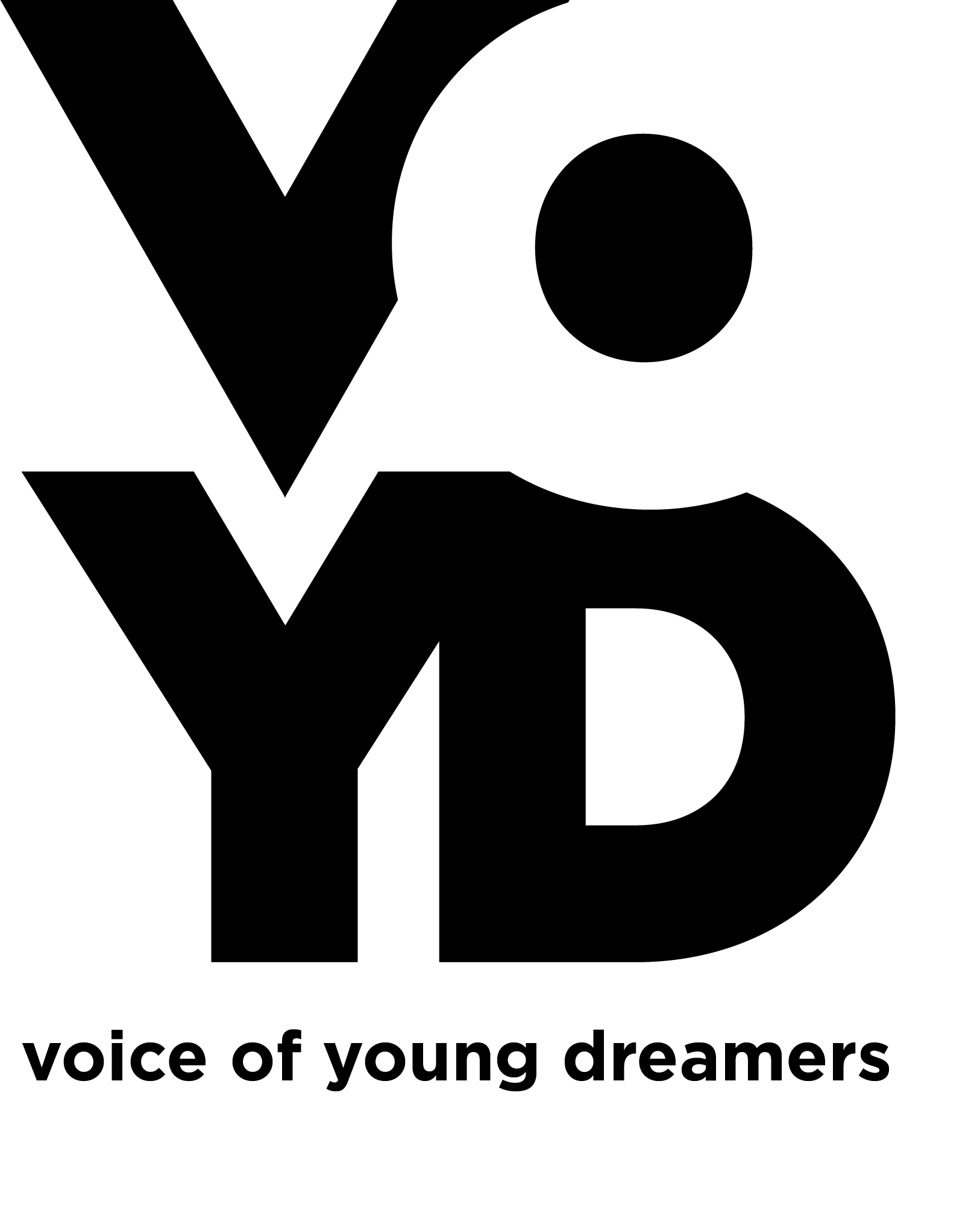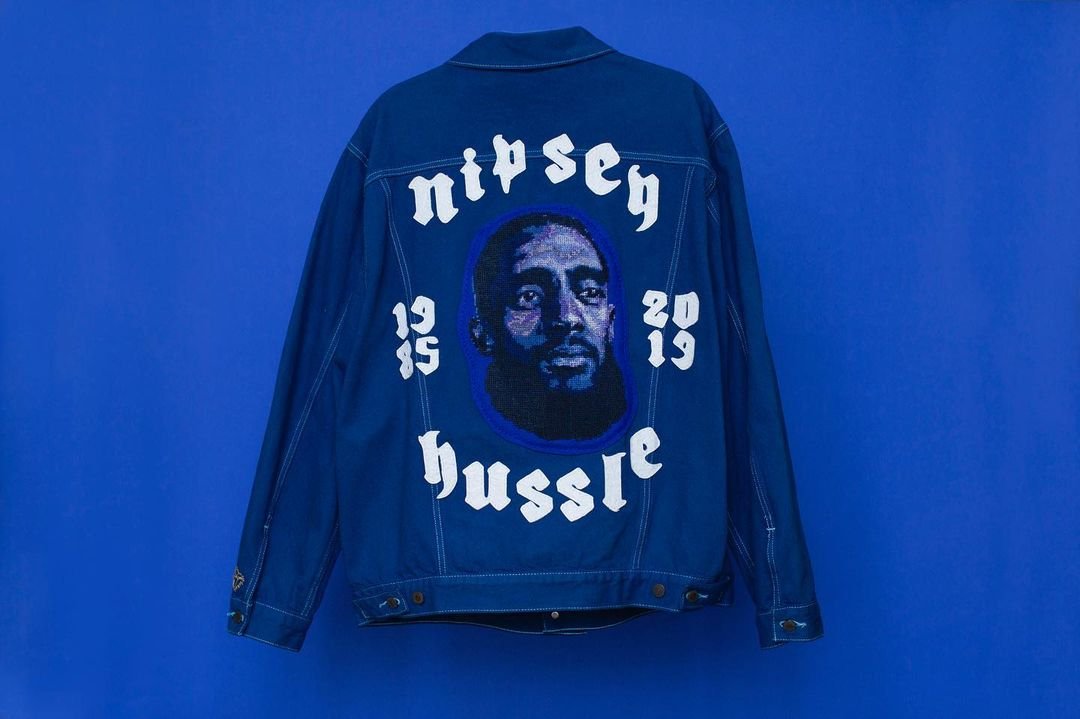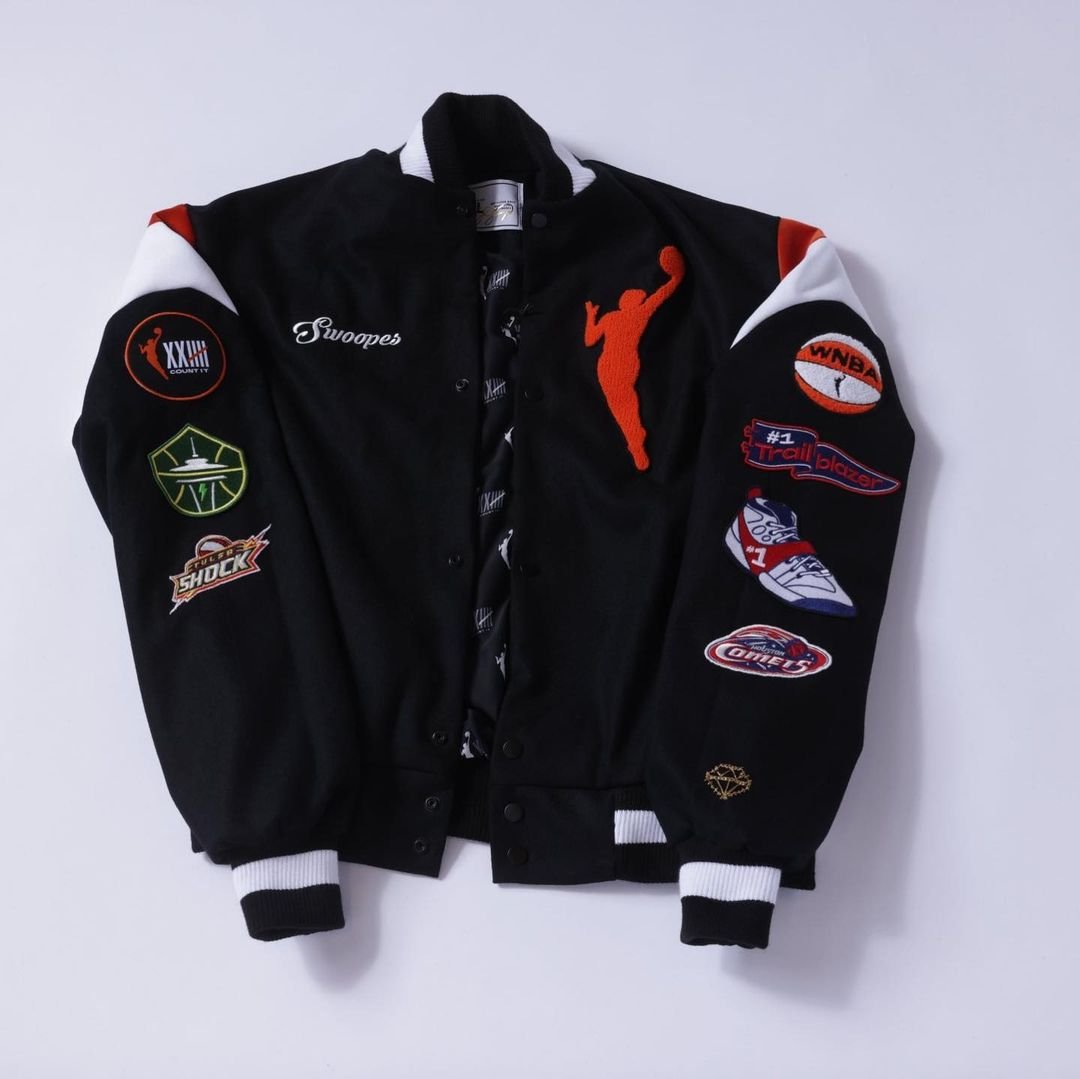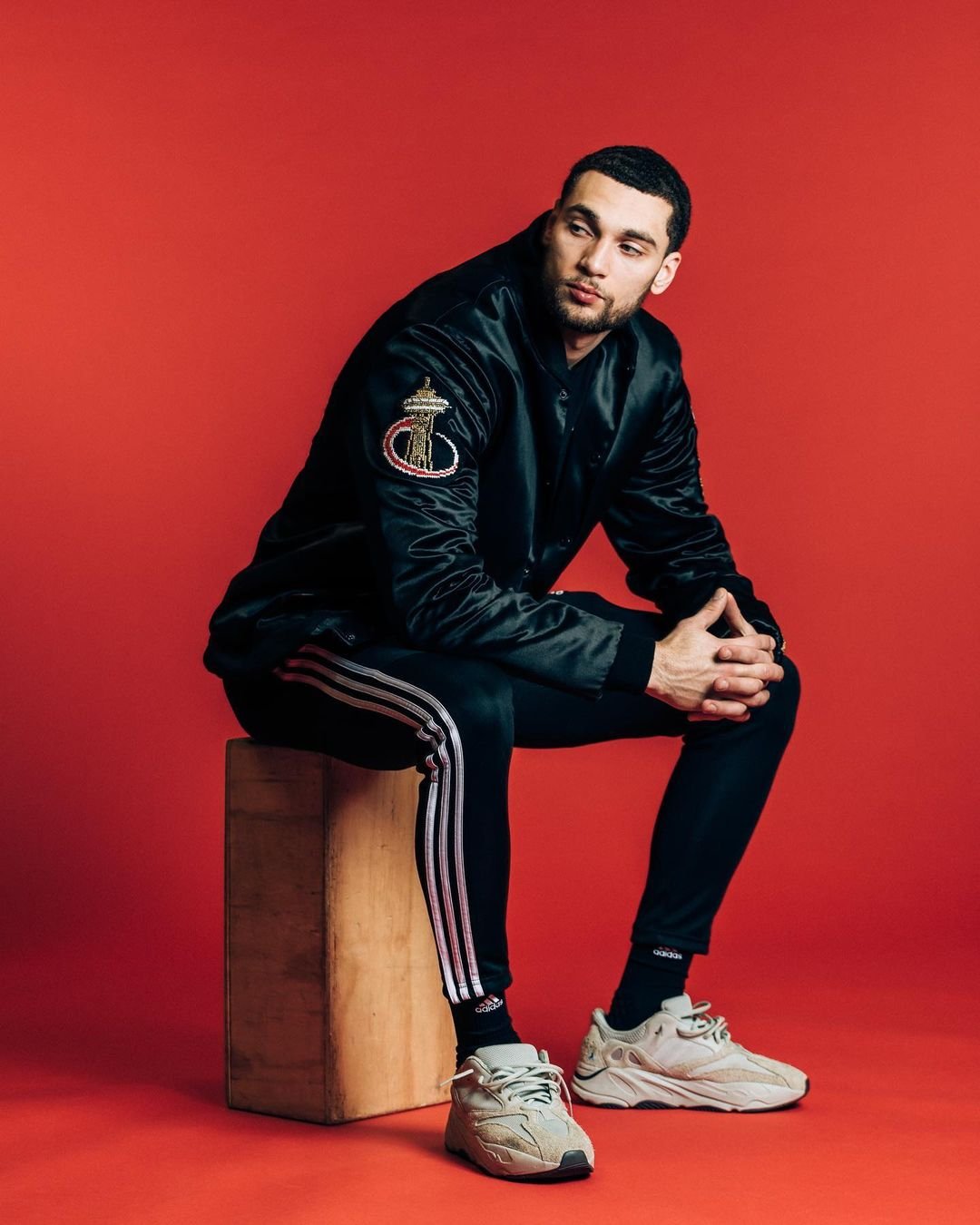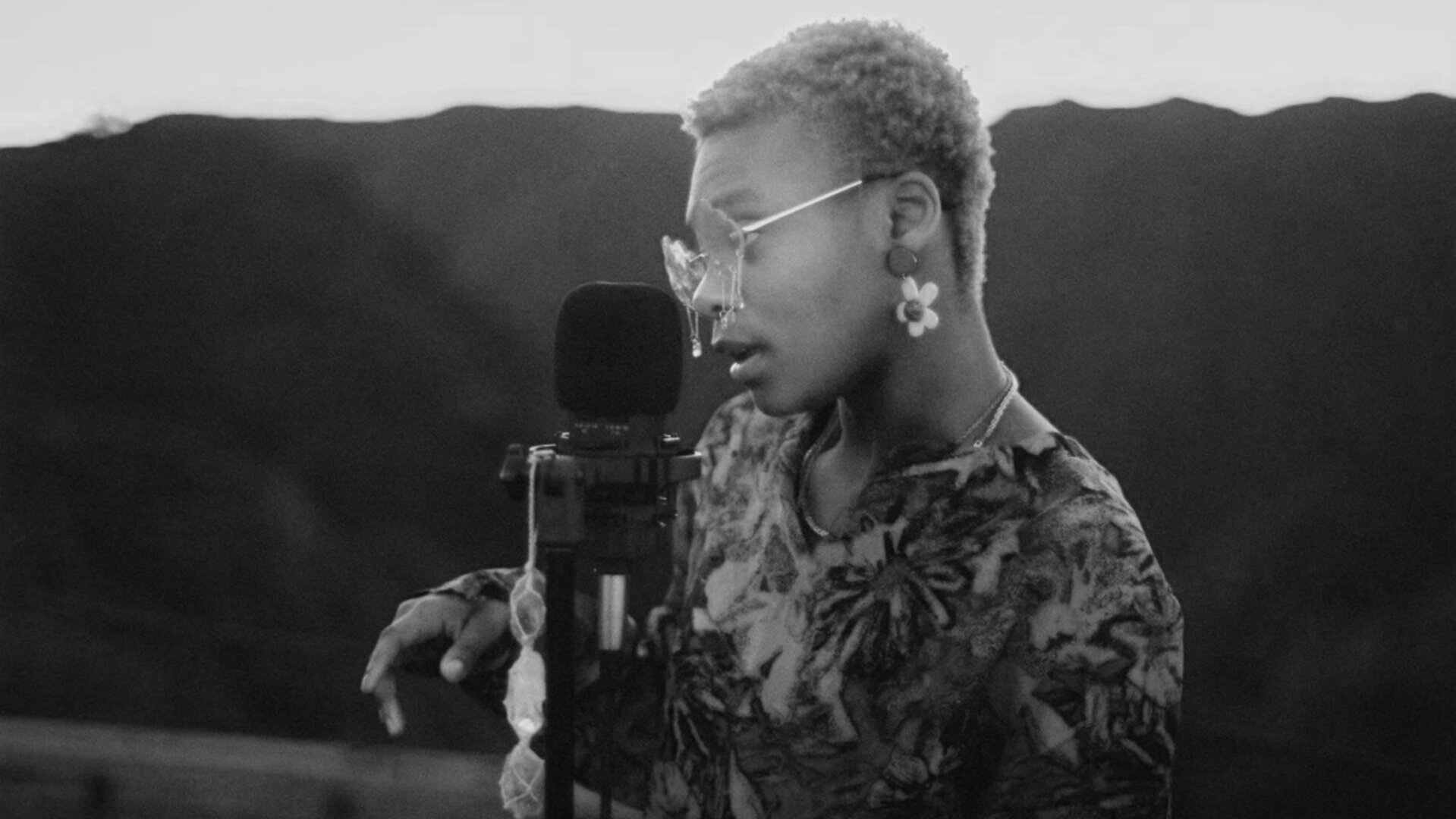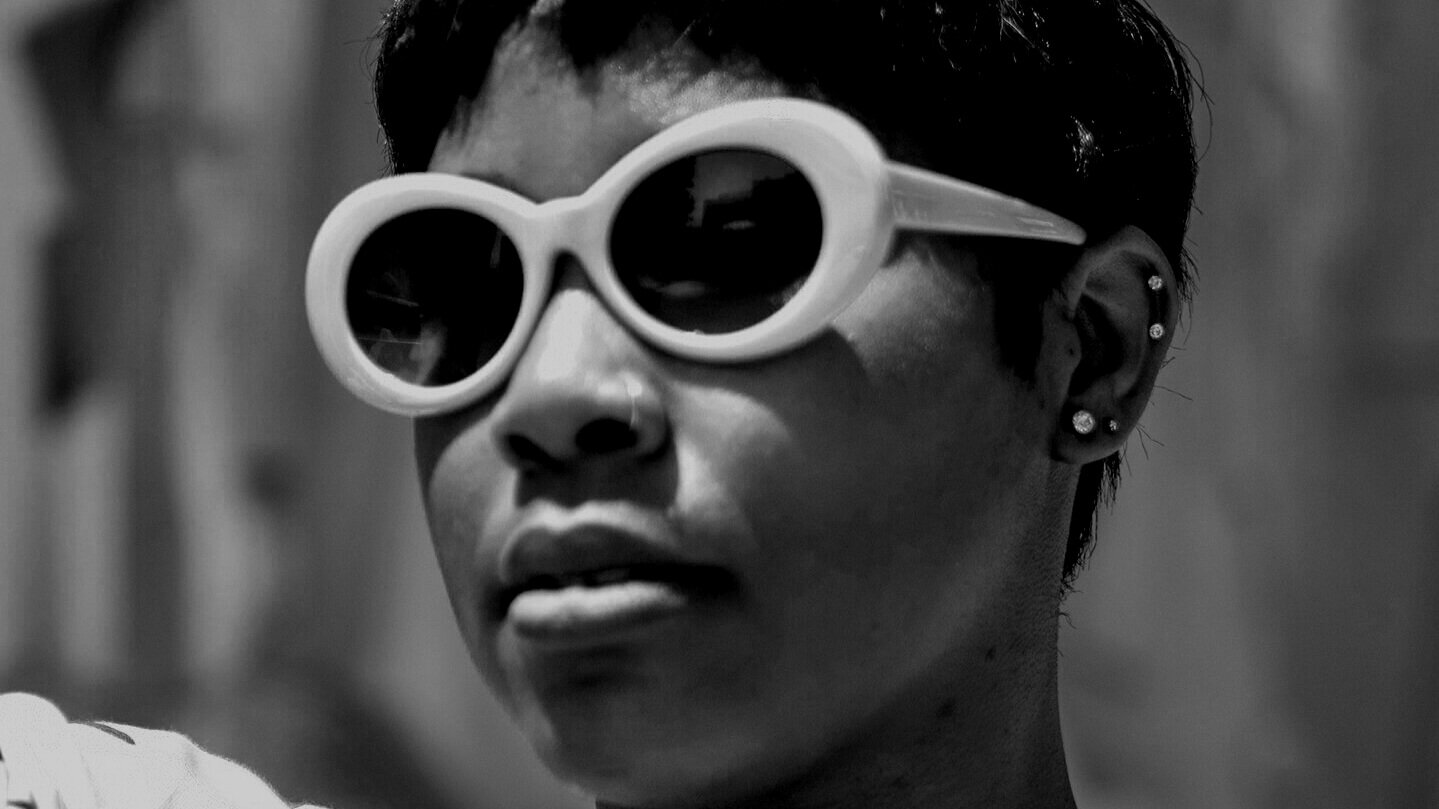STITCH GAWD

Emma Mckee, also known as the Stitch Gawd, is a St. Louis Native who has found niche cross-stitching pieces for rappers, musicians, street artists, and the hip hop community both within and without Chicago. In her Wicker Park apartment, one can see hip-hop concert posters hanging on the wall of her stairs, featuring Chance the Rapper, Vic Mensa, Kids These Days, Mick Jenkins, and more. Notably, not only is Mckee a fan of all these artists, but they are also fans of hers.
Emma Mckee’s cross-stitch pieces represent a departure from the strict mannerism and aesthetic that has informed cross-stitching as a creative exercise for a very long time. Although she learned the skill from her mother at a young age, she often discusses how she felt pigeonholed by the strict form and rules that defined cross-stitching. In her own words, this feeling of alienation came from her sense that cross-stitching had always been a creative exercise for housewives and as a way to keep women occupied so that they wouldn’t have to exercise their creative faculties in more intrusive and revolutionary ways.
Source: @thestitchgawd
Taking the history of the medium to heart, Mckee soon realized how cross stitching was a way to calm her mind and relax in a focused way. Soon she began working on more unorthodox ways of cross stitching, and in 2014 she stitched an adaptation of Will Prince’s artwork for Chance the Rapper’s track titled Hey Ma. The piece took her five months to complete and earned her quite a lot of recognition among rappers, musicians, and street artists.
Interestingly, The Stitch Gawd doesn’t create pieces for just anyone. Moreover, she doesn’t even sell her work for money. Instead, she trades her pieces to the specific artist she made them for in exchange for music or art. What strikes most people is how Emma Mckee has been able to fluently translate the rather domesticated medium of cross stitching to a more glamorous style that fits the aesthetics of hip hop music and Chicago street art. Moreover, it is notable how she was able to take a predominantly white creative form and transpose it for a largely African American community.
Speaking about her barter system, Mckee stated how she wanted to put her creative exercise in a place that was beyond economics and money. She believes that this is a much better way to start conversations about art and more unique and underrated creative forms. In her own words, ‘when you take money out of the conversation, it flips the power.’
The power she is speaking about here is the power of ownership, which Mckee strongly believes should never be a feature of the art world because art and artists are for everybody. Through her creative process, The Stitch Gawd has made many profound connections within the hip hop and Chicago street art worlds and has been able to use an outdated medium to start conversations about art that she believes are necessary for everyone to take part in.
